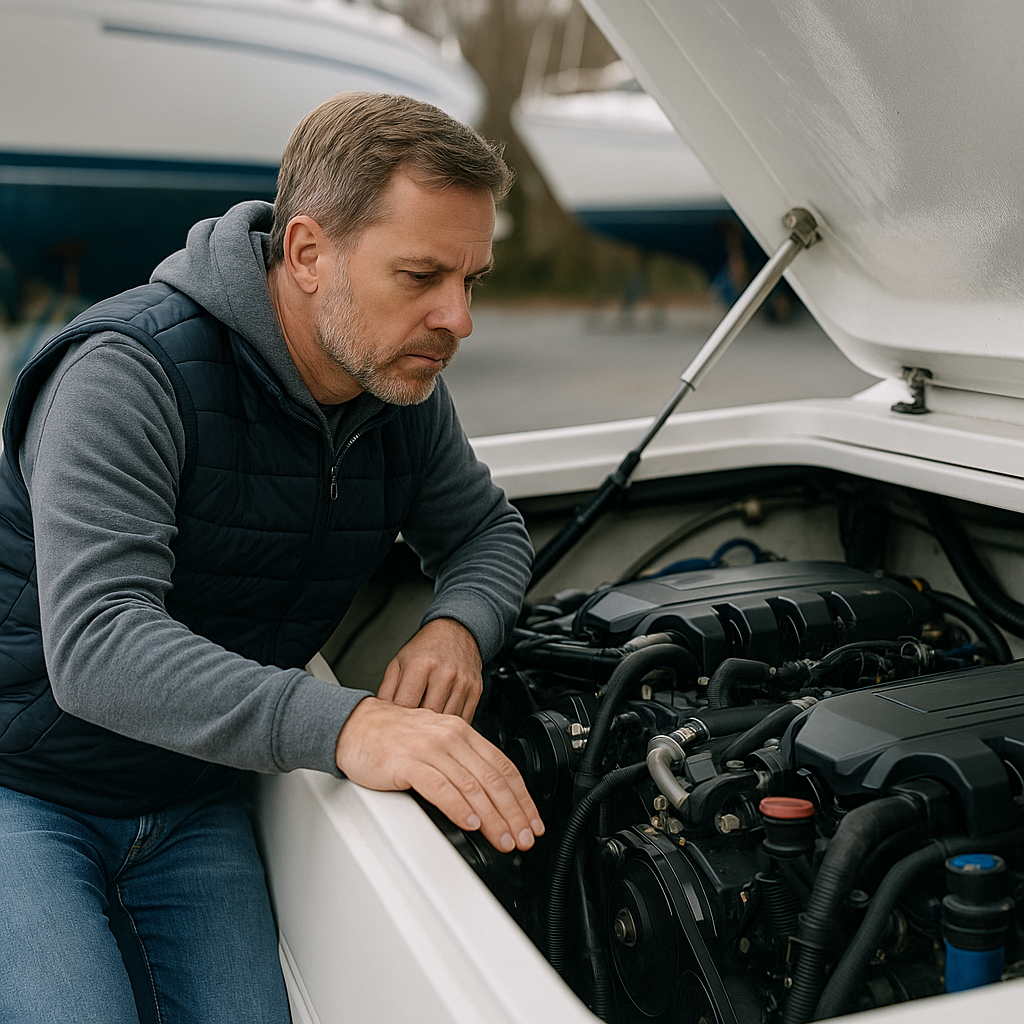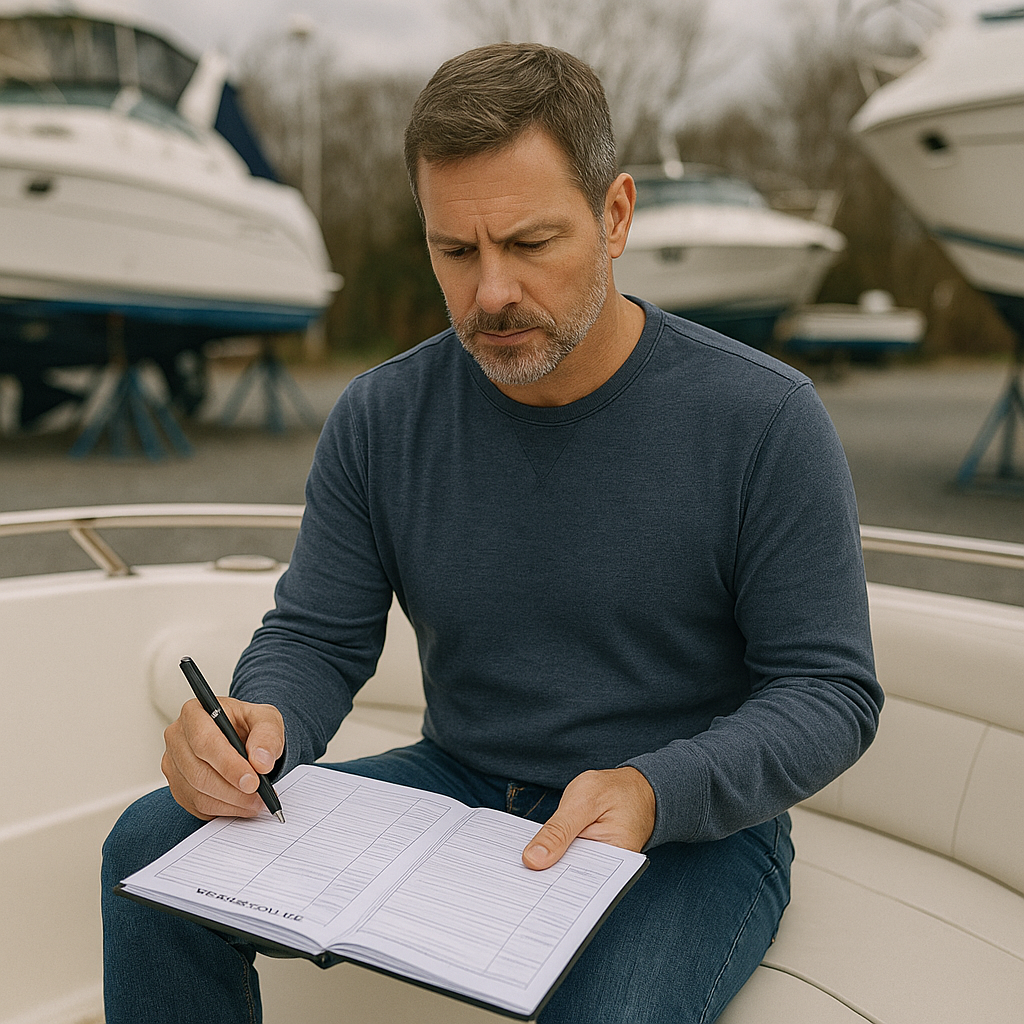For many buyers, the hunt for a used boat is both exciting and overwhelming. With thousands of listings on the market, it’s easy to get swept up in shiny photos or bargain prices. But unlike cars, boats vary widely in how they’ve been maintained, used, and stored. That means due diligence isn’t optional — it’s the difference between finding a dream boat and inheriting someone else’s headache.
The key is knowing where to focus. Every used boat has a story, and the details reveal whether it’s a vessel worth your investment or one to walk away from.
The Hull Tells the First Chapter
The hull is the foundation of the boat, and its condition can’t be ignored. Look closely for cracks, blisters, or signs of repair. Cosmetic scratches are common and usually harmless, but soft spots in the deck or transom often signal water intrusion — an expensive fix. Pay special attention to the keel area and chine lines, where impact damage is most likely to occur.

Engines: The Heart of the Deal
Engines are often the single most valuable (and expensive) component of a boat. Ask about hours, maintenance history, and recent service records. A well-documented service log is a strong sign of a careful owner. On inspection, look for clean oil, smooth idling, and a lack of smoke on startup. An engine that’s been ignored will quickly reveal itself through rough running, fluid leaks, or corrosion.
Systems and Electronics
Everything from the bilge pumps to the navigation gear contributes to your time on the water. Test each switch, light, and pump to confirm they’re functional. Electronics evolve quickly, and outdated chartplotters or radar won’t necessarily kill a deal, but they should factor into the negotiation. What matters most is whether the core systems — electrical, plumbing, steering — are sound and safe.

The Importance of Maintenance Records
A boat with a stack of receipts and logs is worth more than one with none. Records show not just what work was done, but also how consistently the boat was cared for. Even simple items like annual oil changes and winterization speak volumes about an owner’s attention to detail.
The Role of a Survey
Even if you feel confident, a professional marine survey is worth the investment. A surveyor has the tools and experience to spot issues the untrained eye might miss — hidden rot, moisture in the fiberglass, or wiring that isn’t up to code. Beyond protecting you, a survey also helps with insurance and financing, making it an essential step for most buyers.
Beyond the Boat Itself
Don’t forget the extras. Trailers, covers, safety gear, and spare parts all add real value. On the other hand, neglected upholstery, tired canvas, or foul odors can signal deferred maintenance elsewhere. Sometimes it’s the small details that tip you off to how a boat has really been treated.
The Bottom Line
Buying a used boat is about asking the right questions and paying attention to the signs. Look at the hull for integrity, the engines for reliability, and the systems for functionality. Ask for records, invest in a survey, and don’t be afraid to walk away if something feels off. The right boat is out there — and with a careful eye, you’ll not only find it, but enjoy the peace of mind that comes with knowing you made a sound investment.
